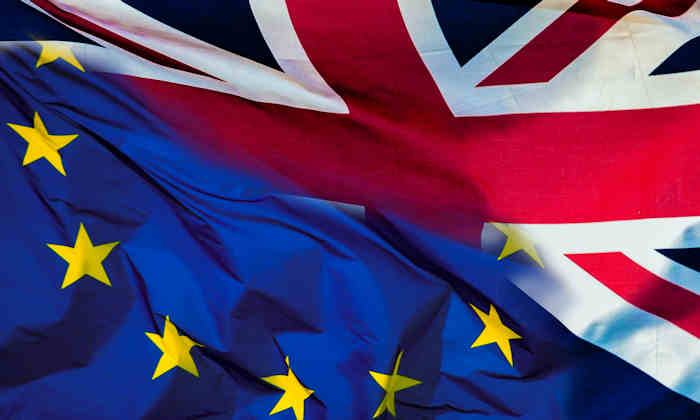New EU referendum data reveals Brexit insights
07 Oct 2016
Newly-released data has revealed new insights into why people voted to leave the European Union

Analysis by the British Election Study team highlights how the vote for Brexit was related to people’s sense of control, nostalgia for the past, ‘social capital’, distrust of experts, and identifying with either side of the campaign.
The new data also reveals the extent of ‘Bregret’ (Leave voters regretting Brexit if they thought Remain would win), but states that this was not actually significant in relative terms.
And those with an external ‘locus of control’ - people who tend to believe their lives are controlled by outside forces they cannot influence - were far more likely to vote leave.
The study found that those with the lowest social capital - the level of a person’s interpersonal networks like family, friends, and community - were almost twice as likely to have voted leave as those with the highest levels.
Predictions from the remain campaign of negative economic consequences seemed to have little impact on the vote – which the researchers think may be down to people rejecting the advice of experts and trusting ‘ordinary people’.
Respondents were more likely to identify themselves as remain or leave supporters than followers of a particular party, which the researchers suggest could have a major effect on the future of British politics.
Professor Edward Fieldhouse from the British Election Study says: “Brexit had a populist appeal to people who don’t trust politicians or experts and who are more socially and economically excluded, but most of all it appealed to people with less liberal attitudes - particularly on immigration.”
“One narrative that doesn't hold up in our data is the idea that leave voters never expected that they would win,” said Oxford’s Dr Jon Mellon.
“Our data shows that the outcome was only a surprise to remain voters. Before the vote, 64% of leave voters expected that their side would win which is more certain than remain voters were about their chances.”
